To this day, these songs still retain their historical and artistic value, and still resonate throughout every corner of Vietnam.
Call from the heart
In 1966, in the context of the Liberation Army of South Vietnam planning to advance to Saigon, waiting for the right time, musician Luu Huu Phuoc composed the song “Marching to Saigon”. The song has a heroic, urgent melody, especially the lyrics that are like a call, as well as a command of the nation, of the army and of the heart of each soldier: “Marching to Saigon, we sweep away the enemy...”, all of which evoke the rapid footsteps of the Liberation Army. “Marching to Saigon” also carries within it a strong belief that Saigon will be liberated, the country will be unified.

Notably, exactly 5 years before the time “Marching to Saigon” was born, the song “Liberate the South” was also very popular and widespread among the army and people of the whole country, and was chosen as the official song of the National Liberation Front of South Vietnam (1961 - 1976). “Liberate the South” was born in 1961 by Huynh Minh Sieng, the common pen name of three musicians Luu Huu Phuoc, Mai Van Bo and Huynh Van Tieng. The lyrics “Liberate the South, we are determined to advance together” became a fighting slogan, resounding throughout the Truong Son roads, where each footstep of the soldiers marched. The song seemed to flow through the veins of the entire nation, encouraging the will to “cut through Truong Son to save the country” of generations of young people.
Another famous song during the anti-American war was “The girl sharpening spikes” by musician Hoang Hiep. However, very few people know that the author of the lyrics is the Ede poet Mo Lo Y Choi. In 1965, musician Hoang Hiep accidentally read the poem by poet Mo Lo Y Choi in the Literature and Arts newspaper and then the song “The girl sharpening spikes” was born. The image of a girl in the Central Highlands mountains and forests in the song shows the silent but heroic contribution of Vietnamese women in the resistance war. At the same time, it shows the solidarity and determination of the people of the whole country for a peaceful and independent tomorrow for the nation.
From the trenches to the day of reunification
A highlight of revolutionary songs from 1954 to 1975 was the spirit of optimism and belief in victory. That steadfastness and optimism were clearly depicted in songs written during this period. For example, “Truong Son Song” (music: Tran Chung, poetry: Gia Dung) evokes a beautiful image when in the midst of a fierce battlefield, amidst rugged mountains and forests and the sound of bombs and bullets, the lyrics still resound beautifully and are full of optimism: “Truong Son, on the road we pass, there is not a single human footprint/ There is a yellow deer tilting its ears in bewilderment/ Stopping at the back of the pass to listen to the stream singing/ Picking a wild flower to put on my hat...”.
The songs of the anti-American resistance period truly touched the hearts of listeners because of their poetic beauty in the midst of war. Love for the Fatherland, love for comrades, love for couples blended together in the singing, creating a picture full of humanity amidst the fire and smoke... can be found in many songs. "Love song" by musician Hoang Viet composed in 1957. "Truong Son Dong - Truong Son Tay" - poem by Pham Tien Duat was set to music by musician Hoang Hiep in 1971. At the end of 1974, poet Nguyen Dinh Thi composed the poem "Red Leaves", then musician Hoang Hiep set to music and recorded at Voice of Vietnam Radio to quickly spread to audiences nationwide... These are just 3 of the many valuable and beloved songs born during this period.
In the joy of victory on April 30, 1975, on the radio programs of the Voice of Vietnam at this time, there were three songs composed by musicians just a few days before the special historical event took place. The song "As if Uncle Ho were here on the great victory day" was composed by musician Pham Tuyen on April 28, 1975 and recorded on the afternoon of April 30 to be broadcast in time for the special news bulletin at 5:00 p.m. on the same day of the Voice of Vietnam, officially announcing the news of the complete liberation of South Vietnam. The song "The Country is Full of Joy" was composed by musician Hoang Ha on the night of April 26 and was first broadcast on the Voice of Vietnam on the morning of May 1, 1975, performed by People's Artist Trung Kien. Another famous song is "Songs from the city named after Him" which musician Cao Viet Bach had conceived of a long time before and completed in March 1975. On April 30, 1975, the song was broadcast on Voice of Vietnam Radio as a way to mark the nation's historic victory.
It is worth mentioning that not only did musician Cao Viet Bach have a premonition of the day of total victory a month in advance, but he also "named" the city named after Uncle Ho more than a year before Saigon - Gia Dinh was officially renamed Ho Chi Minh City (at the first session of the National Assembly of the Socialist Republic of Vietnam, term VI, on July 2, 1976). In the song, the name of Ho Chi Minh City is mentioned twice: "Ho Chi Minh City shines brightly with a bright future/ In every heart, in every dream/ In every life, we always have Uncle Ho/ Uncle Ho's earnest words guide us/ His name shines forever, Ho Chi Minh City"...
The timely appearance of the above 3 songs at the right historical moment multiplied the joy and happiness, and at the same time, it was also the joyful cry of millions of united hearts.
Source: https://hanoimoi.vn/vang-mai-nhung-ban-hung-ca-bat-diet-700720.html









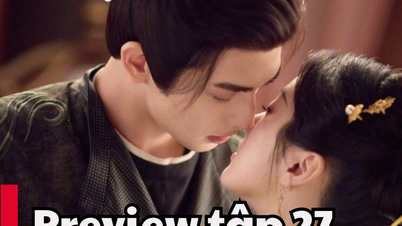


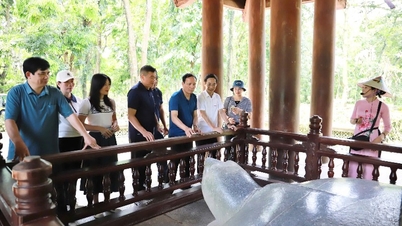

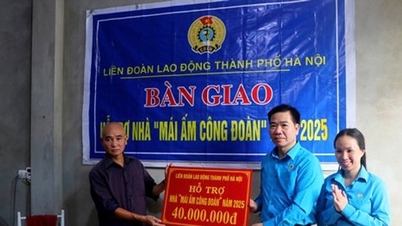






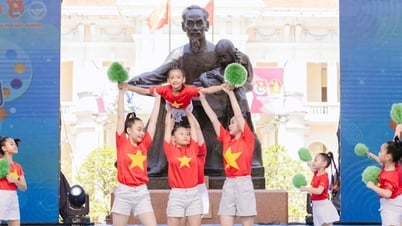




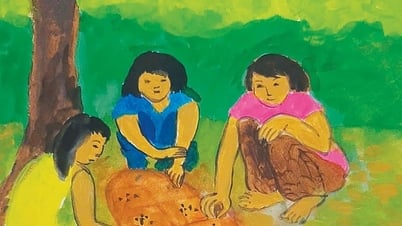
















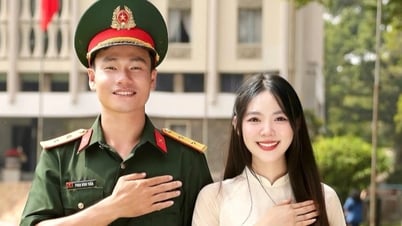












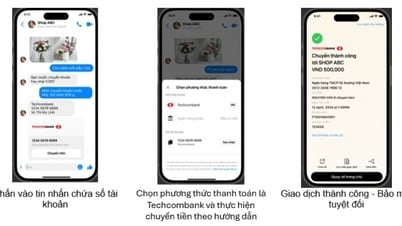







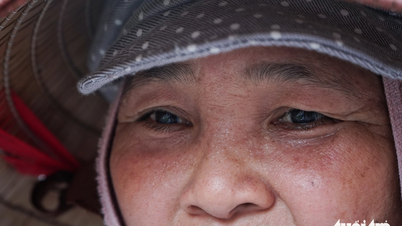

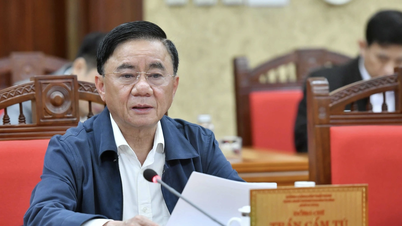
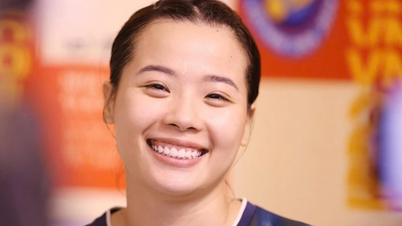


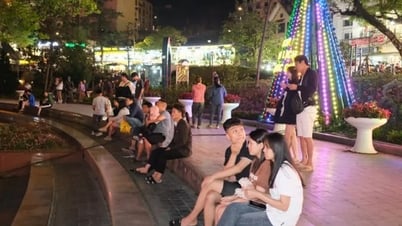
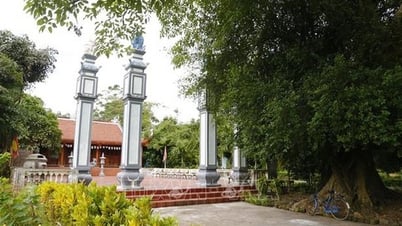


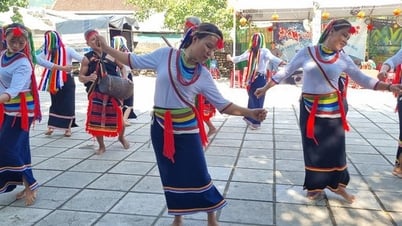
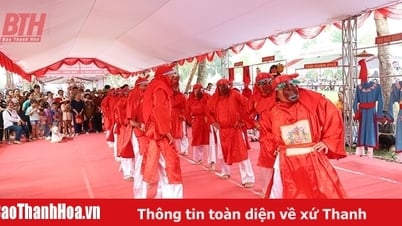

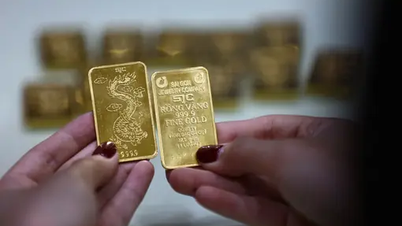



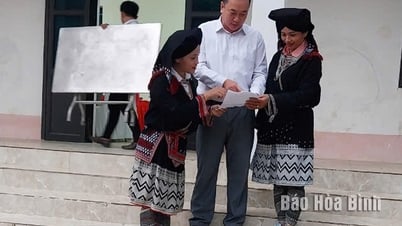

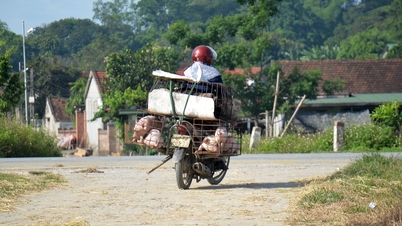












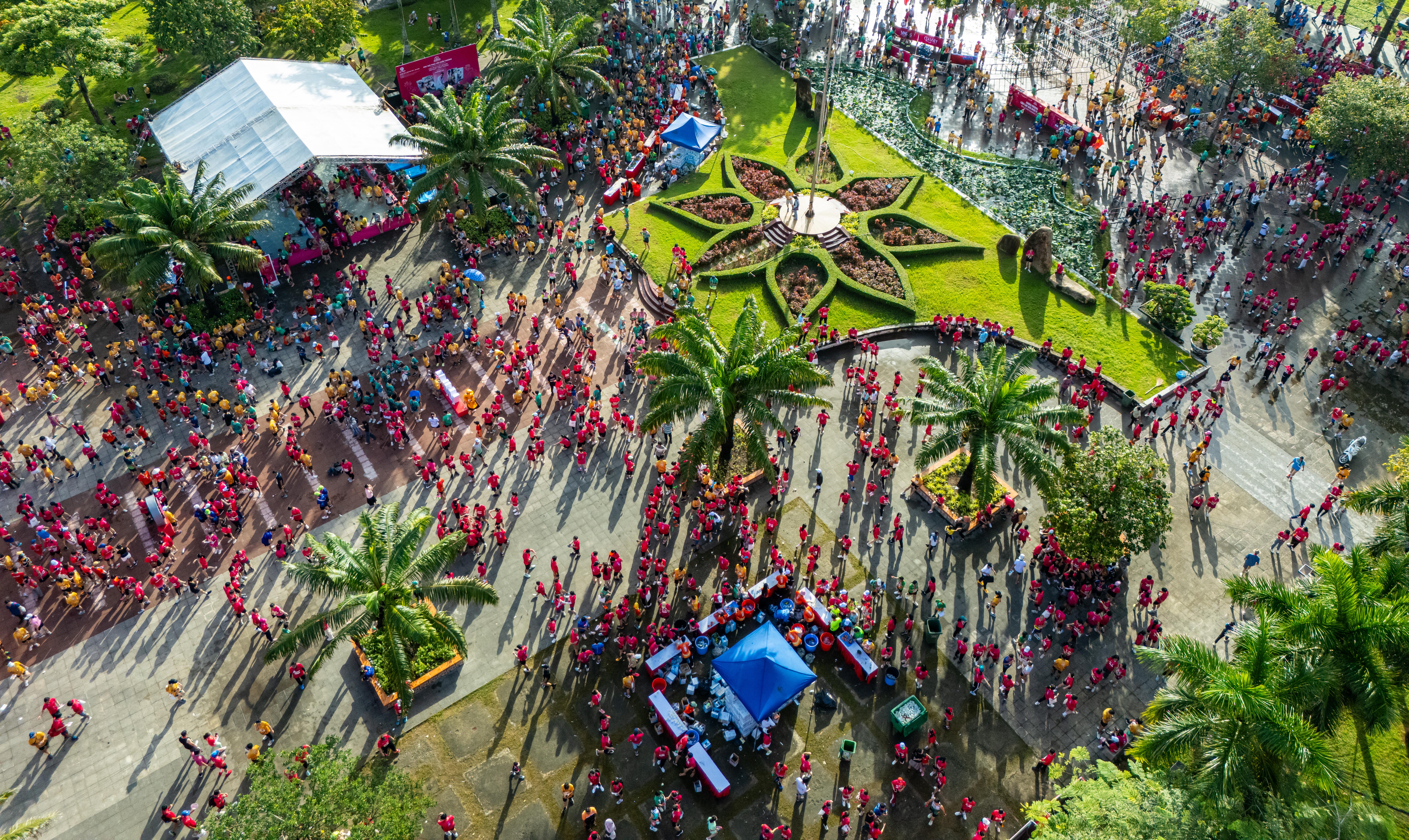



Comment (0)